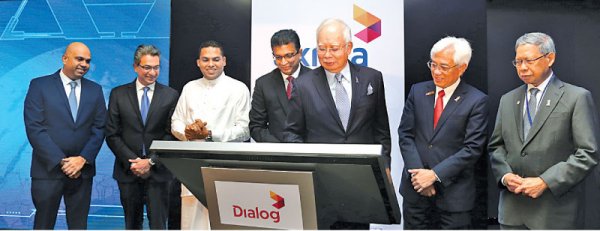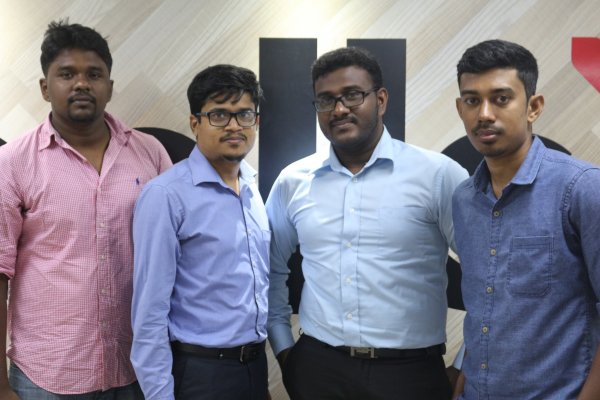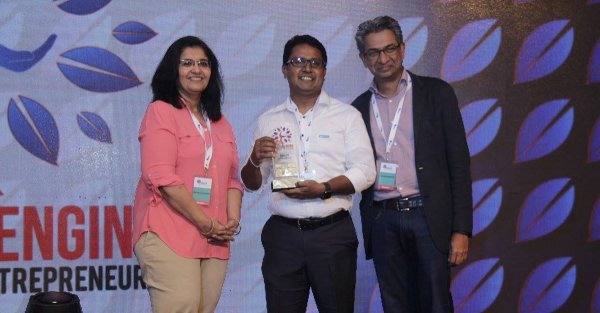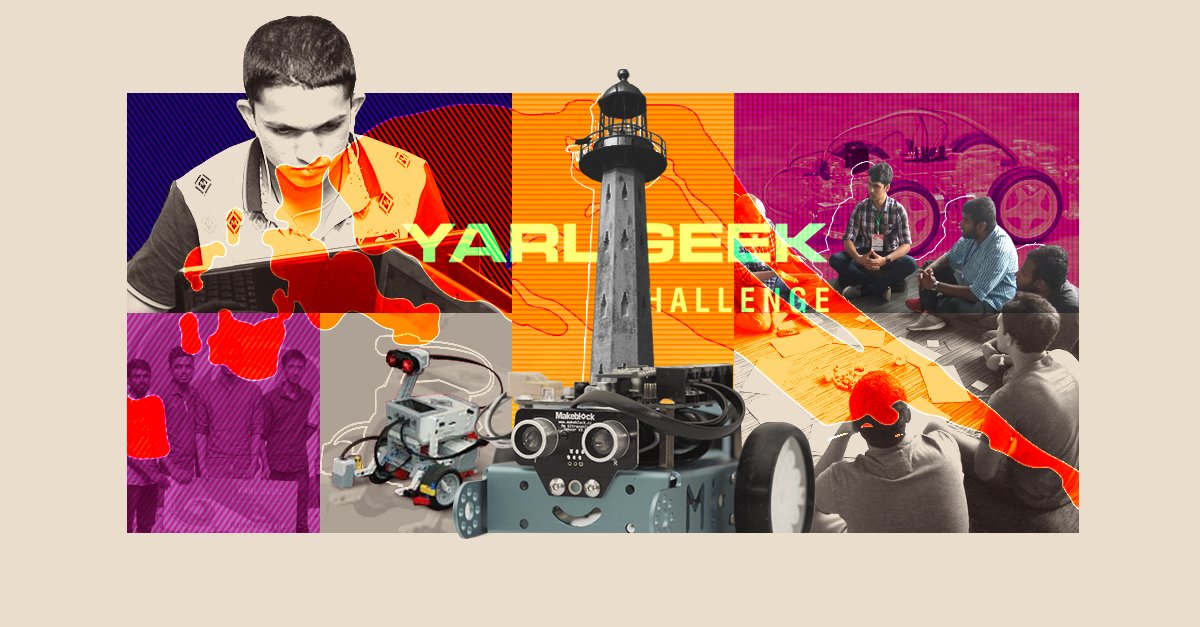
Jaffna — The Yarl IT Hub was established in the northern peninsula eight years ago, an year after the end of the civil war. It started off as a non-profit social enterprise, with the aim to make Jaffna ‘the next Silicon Valley.’
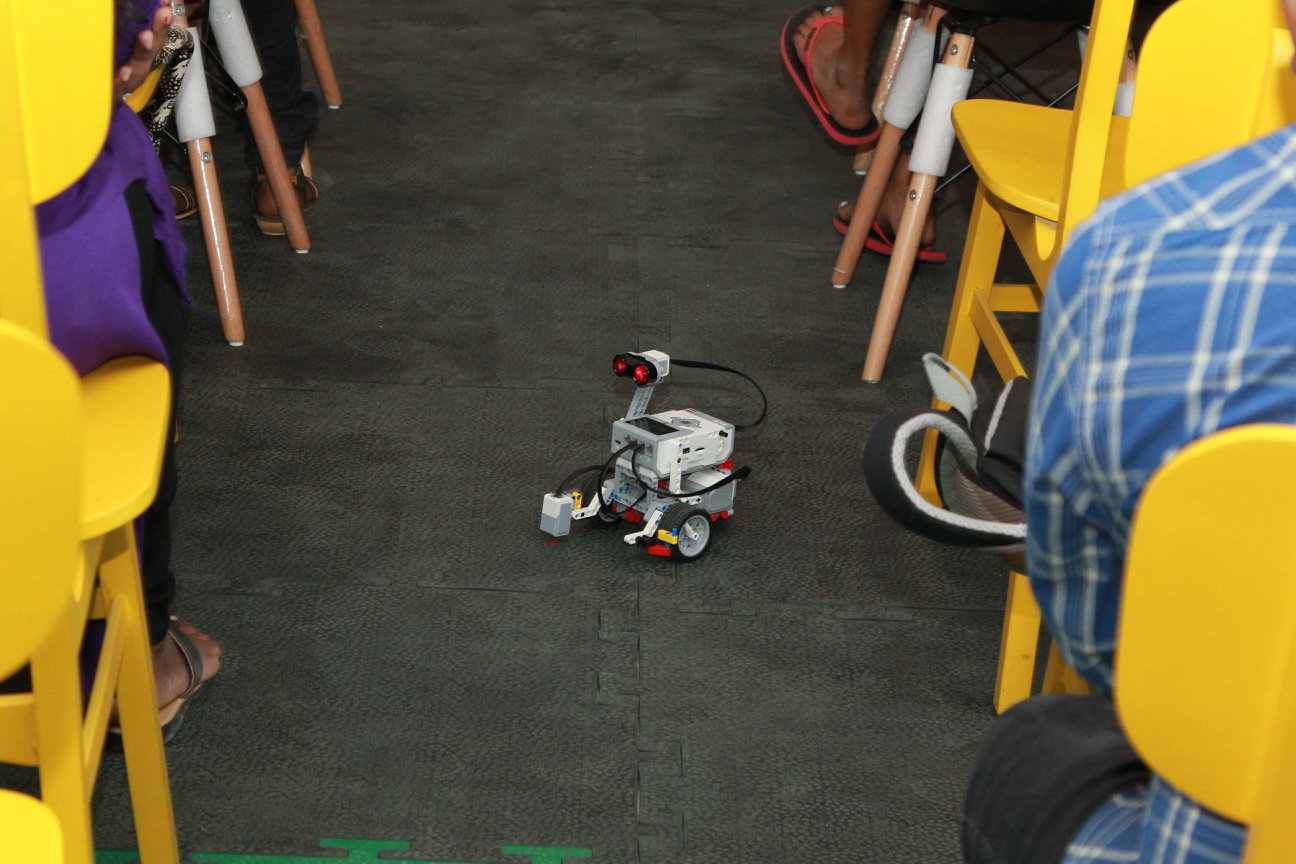
The idea first took off on social media, and has evolved steadily since. The IT Hub now has its own coding school, and hosts the Yarl Geek Challenge (YGC).
“We didn’t even have our own venues before,” Balathasan Sayanthan, one of the founding members, said. “We’d have to ask around for space for meetups every time we had one. At institutions, city halls, lecture halls and such.”
Now, the IT hub has three, from joint ventures, as well as spaces provided by well-wishers. The latest is a spacious home which has been converted into their coding school.
Spearheading Digital Education
Having run the Yarl Geek Challenge to foster a startup ecosystem, the Yarl IT Hub then introduced YGC Junior, aimed at educating and providing opportunity to school children.
The IT hub created Tamil language YouTube content, full of tutorials which enabled students to teach themselves to code. Their volunteers train and mentor students, and have discovered a number of child prodigies along the way.
“For the past 7 years, every year, we touch just over 600 students at schools. We discovered children as young as 12 and 13 who were fluent in python. There was one kid who was inspired by a Rajanikanth film and wanted to build a robotic fire extinguisher. There was another 13 year old who took lunchboxes, compartmentalised them, and fitted an Arduino in it. It reminds people to take pills and if you don’t take the certain medication, an alarm goes off. He built it because he wanted it to be used for his grandfather. It was very simple, he built it and programmed it himself. He became the best hardware winner this time,” Sayanthan said.
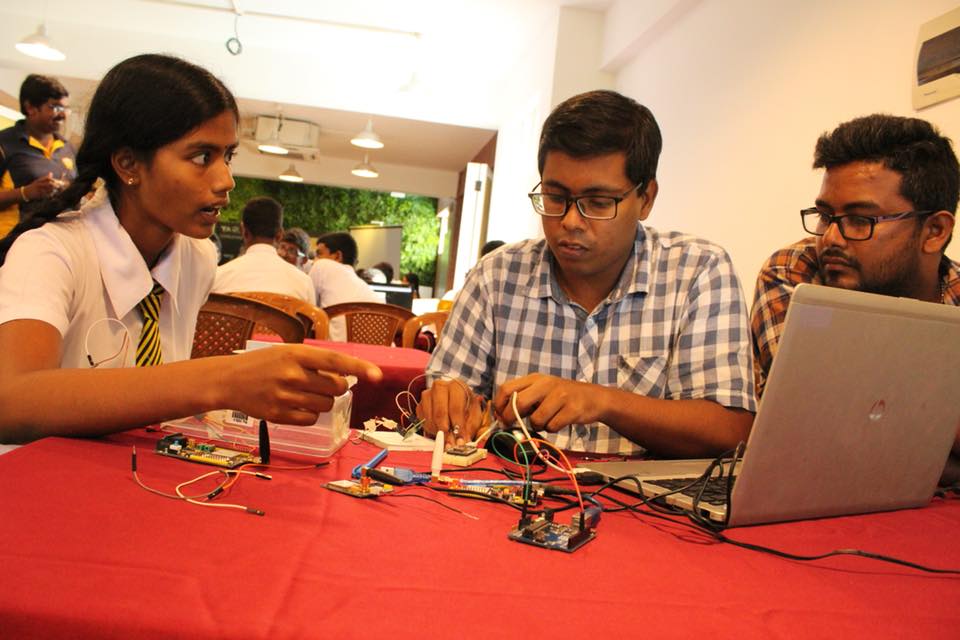
However, there was a problem. The students who entered YGC Junior dropped out eventually and didn’t make it for YGC Senior. They didn’t know why students disappeared, so the Hub analysed the Sri Lankan education system. Their findings indicated that out of 100 students who sat for their [Advanced Level] examinations, only 20 received access to public universities or could afford to pay for private university.
“That’s when the Yarl IT Hub established UKI, a coding school, just over a year ago as a joint initiative with the ITEE Foundation,” he added.
According to Sayanthan, the idea behind the school was to create a programme to equip students with basic skills needed in the tech industry. With a six month curriculum, Uki’s first batch had 13 students, with only two dropouts; one was migrating, and the other received late access to a university, so they left. Everyone else received internships with Colombo’s tech giants.
“Top companies are taking kids who have been out of school for six months—it’s actually happening and we know we’ve cracked the code. And it’s something that can be replicated.”
Why Jaffna?
Sitting across us, Sayanthan laughs as he responds with a simple ‘because our hearts are here.’ He then elaborates on his initial statement.
“Jaffna has always been a seat of learning,” he said. “It was an oasis of learning at one point. Our value system is education based.”
Family gatherings in the area used to consist of cousins getting together and picking each others’ brains. Everyone would, Sayanthan said, have a culture of asking each other puzzles and trying to outfox the other. There was always an entrepreneurial and analytical spirit among the Jaffna residents, and the city produced waves upon waves of engineers and accountants.
Even now, with limited resources and infrastructure in the education system, many of the students are eager to learn all they could.
“The kids are like sponges. They absorb everything,” Sayanthan said. For example, the ITEE Foundation picked two of the region’s worst performing schools and established an e-learning centre just outside the school with enough content to self-learn. Within a year, the school’s OL mathematics pass rate jumped from approximately 20%, to 70%.
A generation of teachers, learners, and opportunity was lost over the last 30 years due to the war—but Sayanthan sees this as an opportunity for the residents to leapfrog their learning.
“The same thing happened in Africa,” he explained. “For many people there, their first interaction with the internet was on the mobile phone, not on the desktop. Likewise due to war, unlike in Colombo we don’t have to learn the legacy technology. We can just jump to blockchain, AI and so on.”
Currently, the Yarl IT Hub has three main objectives: to establish a digital learning platform and reach a thousand people; to scale UKI and expand its teaching capacity to a thousand students, and to be a catalyst for a thousand startups.
Additionally, there is one final goal: to connect local talent to the diaspora and help them network and expand. The best example of this is Cricrush—where Jaffna youth connected with R. Canagasabapathy, who moved to Silicon Valley in the nineties after growing up in Jaffna during the war.
“There are more Jaffna people in the diaspora than in Jaffna,” he pointed out.
Long Commutes And Garbage Issues
While the IT and geek community is growing, there are certain aspects of the city which makes it difficult to promote as the next Silicon Valley: the first being the lack of air connectivity.
“We still struggle to bring in high network individuals or investors because coming down to Jaffna is a huge commitment; it takes almost three days,” Sayanthan said. For many businessmen operating on tight schedules, and for those who are used to optimising their travel time by flying, this is a hindrance, the lack of commercial flight options is a hindrance.
Likewise, the area is still subjected to frequent power-cuts and faces an impending water crisis. And then, there are garbage disposal issues.
“Just take a drive on the A-line road, just notice both sides of the road. There are massive amounts of polythene. This place should be livable right?” he asked, adding that many foreigners be they tourists or investors, were put off by the amount of polythene everywhere.
“It has an effect on the outlook of the town. If these things accumulate, people will start moving out even more.”
However, for the time being, the Yarl IT Hub is focused on bridging the digital divide, and promoting product-centered entrepreneurship. Jaffna, Sayanthan notes, isn’t service oriented; hence, focusing on products would give the city a better chance to make its mark.
“We will have to come up with products which should be scalable, and then establish ourselves on that. We don’t know whether it will work out as yet; it’s the early days.”
Editor’s note: A previous version of this article did not state that UKI was established as a joint initiative with the ITEE Foundation. This has been corrected.



